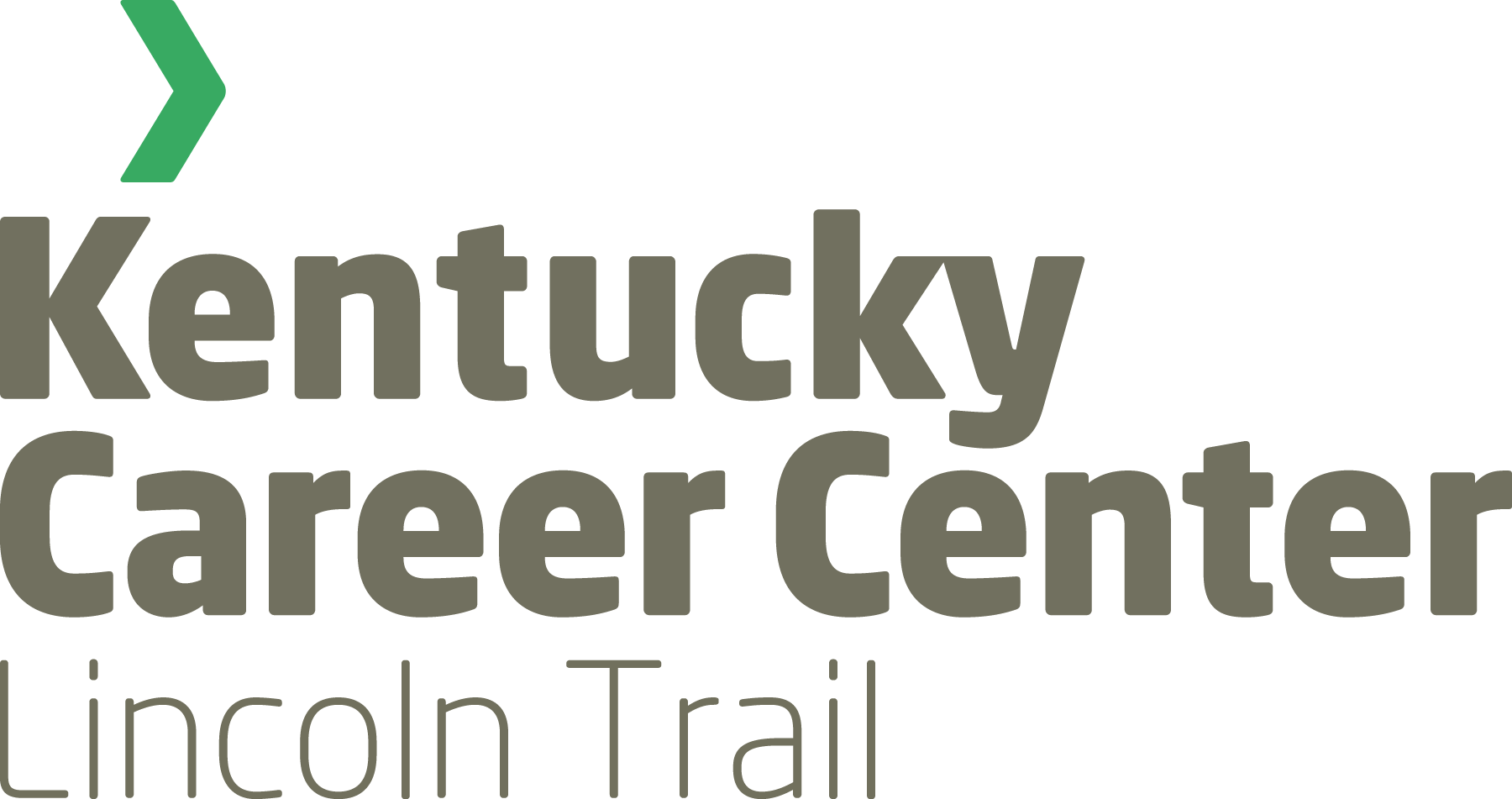Embracing DEI will lead to success for Lincoln Trail employers
Work Matters Column by Katie Peace

As our region experiences unprecedented growth through new large-scale developments and investments, many of which are from corporations based outside of the U.S., an emphasis on cultural competence is more important than ever. In the regional workforce, this necessitates a strong emphasis on Diversity, Equity and Inclusion (DEI) in the workplace.
Our region is fortunate to host a variety of companies, many of which originate from cultures outside of the U.S. Each company brings with it a unique workforce along with their family members, all of whom are looking to integrate into this region professionally and personally. Beyond our region’s particular demographics, our nation as a whole is becoming increasingly diverse. According to the Pew Research Center, 48 percent of Generation Z, the generation that is currently entering the workforce, are racial or ethnic minorities. Understanding the importance of DEI will position this region to be prepared and embrace the changes we will experience as we navigate unprecedented growth.
While the acronym DEI is commonly used, understanding its individual components is pivotal. Diversity encompasses a wide range of groups, including ethnicity, gender, religion, abilities and sexual orientation. Equity involves providing varying levels of support based on individual or group needs to achieve fairness in outcomes and inclusion pertains to creating an environment that fosters the thriving of these differences.
Contrary to common misconceptions, DEI is not about prioritizing one situation or individual over another; instead, it is about embracing diversity and bringing different perspectives together for collective success.
An emphasis on DEI is becoming increasingly essential for today’s employers to attract and retain talent, and a diverse team is often the key to success within a company. According to a report from McKinsey & Company, companies with high levels of racial and ethnic diversity have a 35 percent higher likelihood of above-average financial returns. Additionally, companies with diverse executive teams are 25 percent more likely to generate greater profits, according to the report.
Efficient implementation of DEI requires consistent modeling by business leaders. It’s important to create an environment built on support and inclusivity to allow for a positive workplace culture that will flourish in today’s society. Frequent review of workplace policies and overall work culture, taking stock of employees’ work health, consistent reinforcement of DEI values, providing training and seeking feedback are essential steps.
At the Lincoln Trail Area Development District (LTADD), where I serve as associate executive director, we work hard every day to maintain a team-oriented culture, and our organizational values are at the forefront of our daily work for the region. Staff are consistently encouraged to provide feedback to their leadership teams to further conversations of DEI, and we provide our board of directors DEI training on an annual basis. In fact, LTADD has recently established a Cultural Diversity Specialist role with the aim to broaden our engagement with individuals from diverse cultures and varied life circumstances, enabling them to access and benefit from the services we provide.
Given the pivotal role of the Lincoln Trail Workforce Development Board in shaping the region's workforce through services for job seekers and employers and collaborations with educational institutions, maintaining a focus on DEI will undoubtedly contribute to the overarching objective of enhancing the quality of our region's workforce.
The success of an organization is often indicative of its commitment to DEI. Questions about providing a healthy work environment, acting as a positive community role model, supporting the workforce and contributing to regional betterment should guide local employers. Embracing diversity, ensuring employees receive support based on their individual needs to succeed and creating a welcoming environment for a diverse team to thrive are all considerations that are important to address to move the Lincoln Trail region forward.
To learn more about the Lincoln Trail Workforce Development Board, visit ltcareercenter.org/board.
Katie Peace serves as Associate Executive Director for the Lincoln Trail Area Development District. She can be reached at 270-769-2393 and katie@ltadd.org.
Our Social Networks


